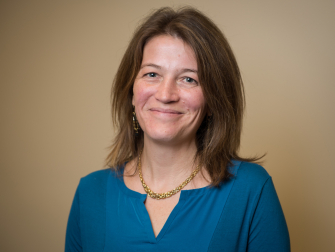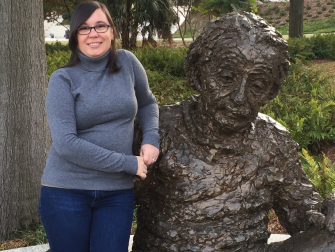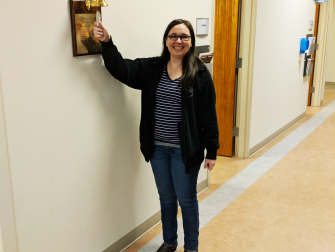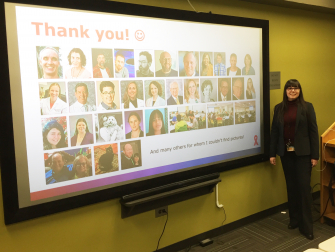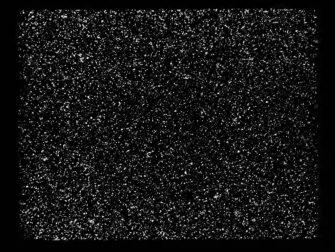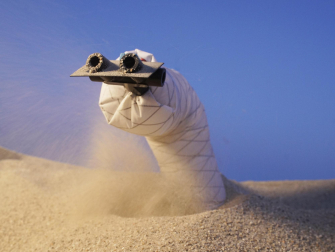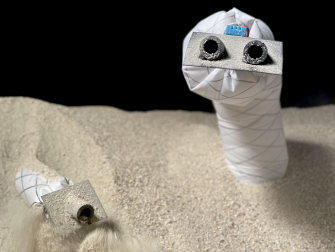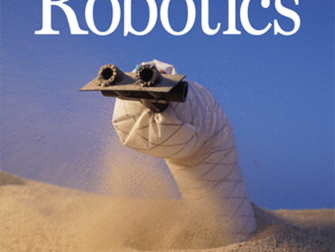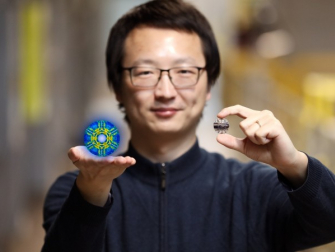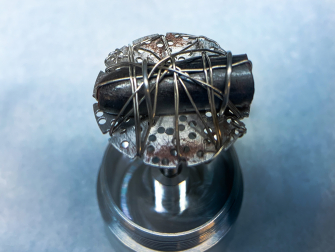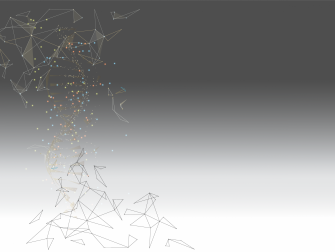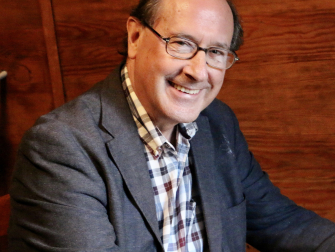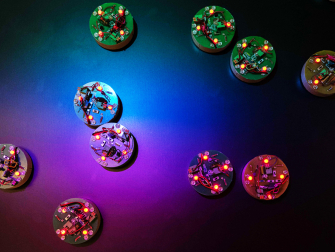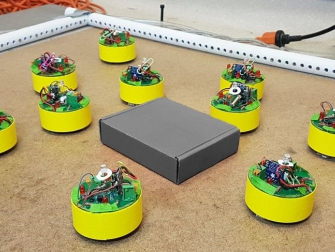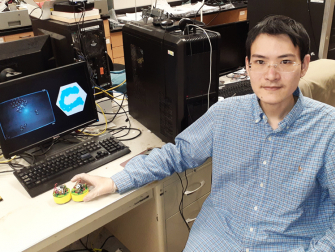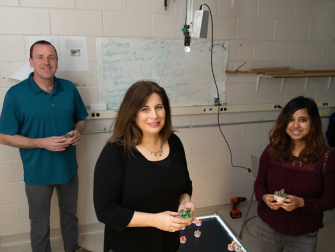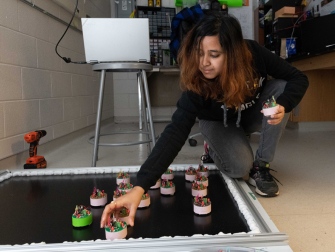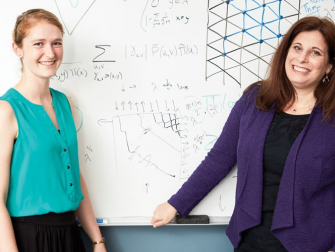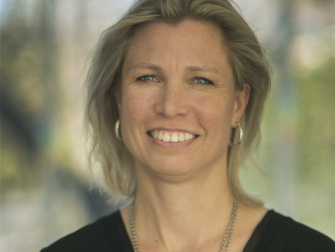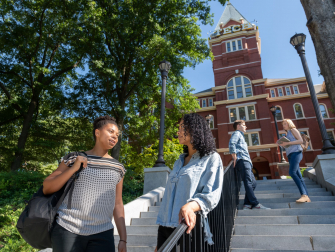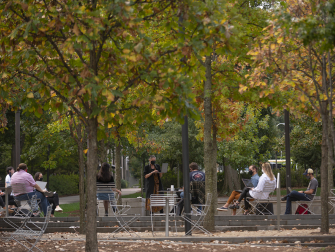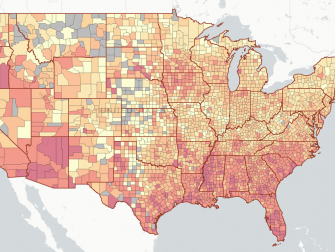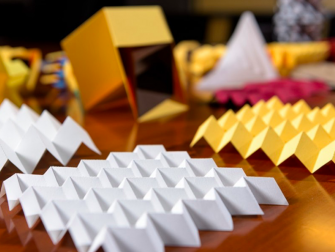Cadonati, a professor in the School of Physics and director of the Center for Relativistic Astrophysics, has also held leadership positions in LIGO — including leading its data analysis and astrophysics division at the time of the discovery of gravitational waves, which led to the 2017 Nobel prize in Physics to the founders of the project.
June is National Cancer Survivor Month, an opportunity for the nearly 17 million cancer survivors across the country to tell their stories, celebrate milestones, and recognize those who have supported them along the way. Emily Alicea-Muñoz, academic professional in the School of Physics, shares her journey with breast cancer, advice for supporting loved ones living with cancer, and hopes for the future of cancer research.
A quartet of School of Physics researchers has come up with a roadmap that blends powerful new machine learning tools with traditional scientific investigative techniques and theories, all in the hopes of solving the biggest problems in science, engineering, and medicine.
We’ve seen robots take to the air, dive beneath the waves, and perform all sorts of maneuvers on land. Now, physicists at Georgia Tech and engineers at UC Santa Barbara are exploring the shallow underground world with a fast, steerable, burrowing soft robot.
Advanced materials with more novel properties are almost always developed by adding more elements to the list of ingredients. But quantum research suggests some simpler materials might already have advanced properties that scientists just couldn’t see, until now, thanks to new work from researchers at Georgia Tech and the University of Tennessee–Knoxville.
Georgia Tech Institute for Materials (IMat) has created a new Science Advisor position and a team of Initiative Leaders to shape the future of IMat. School of Physics' Martin Mourigal will serve as 2021 Science Advisor, and Chandra Raman as 2021 Initiative Lead for Condensed Matter: Materials for Quantum Science and Technology.
Schutz, an adjunct professor in the School of Physics, member of the Center for Relativistic Astrophysics, professor at Cardiff University, and former director and founding director of the Max Planck Institute for Gravitational Physics (Albert Einstein Institute), is the recipient of top honors from the world's oldest independent scientific academy. Schutz is elected for seminal contributions to relativistic astrophysics, including driving the field of gravitational wave searches — helping lead to their direct detection in 2015.
Inspired by a theoretical model of particles moving around on a chessboard, new robot swarm research led by Georgia Tech shows that, as magnetic interactions increase, dispersed “dumb robots” can abruptly gather in large, compact clusters to accomplish complex tasks. Researchers report that these “BOBbots” (behaving, organizing, buzzing bots) are also capable of collectively clearing debris that is too heavy for one alone to move, thanks to a robust algorithm.
Julia Kubanek, professor of biological sciences and chemistry and biochemistry, and associate dean for Research in Georgia Tech’s College of Sciences, has been named vice president for Interdisciplinary Research, effective July 1.
Seven faculty members from five schools in the College of Sciences are among those honored with annual Spring awards from Georgia Tech's Center for Teaching and Learning that celebrate innovation in teaching.
Instead of grades from faculty, it's evaluations from the students for the Class of 1934 Awards from the Center for Teaching and Learning. 40 College of Sciences faculty are among those who are receiving honors and accolades.
Professors in the School of Biological Sciences and the School of Physics capture top annual honors from the Georgia Tech chapter of Sigma Xi scientific research society.
- ‹ previous
- 18 of 24
- next ›

